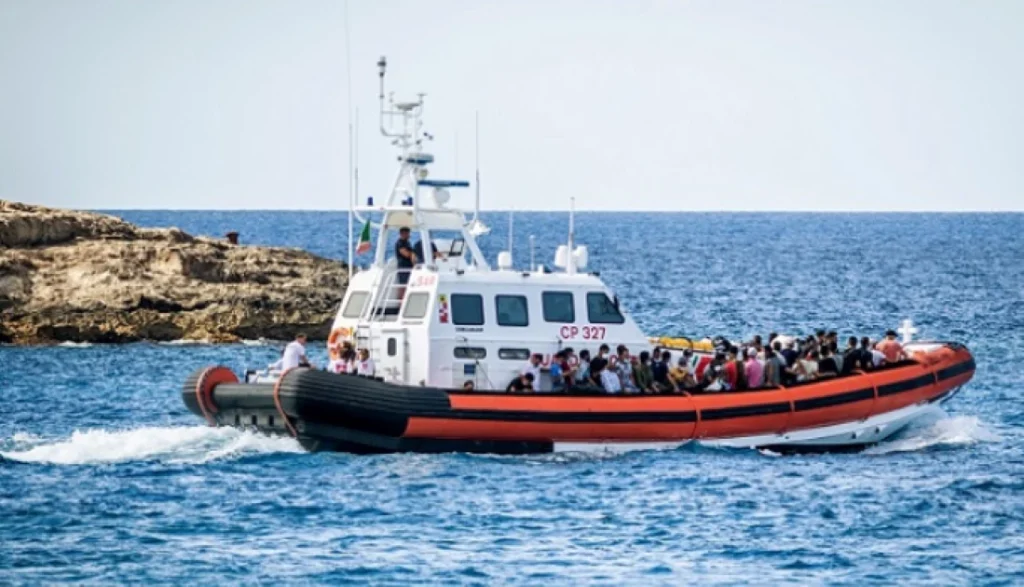At least 69 migrants have died after a boat capsized off the coast of Mauritania earlier this week, officials confirmed Friday, highlighting once again the perilous risks faced by those attempting to reach Europe by sea.
The incident occurred late Tuesday night, about 80 kilometers north of the capital Nouakchott. According to a senior coastguard official, the vessel overturned after passengers rushed to one side upon spotting the lights of a nearby town. Out of roughly 160 people onboard, only 17 survivors were rescued.
Authorities revealed that the ill-fated boat had departed from The Gambia a week earlier, carrying mostly Gambian and Senegalese nationals. Initial reports had placed the death toll at 49, but this was later revised upward as more bodies were recovered.
Drownings are tragically common on the West African migration route to Spain and other European destinations. Migrants often rely on unseaworthy vessels and face treacherous Atlantic currents. According to NGO Caminando Fronteras, at least 10,457 people died attempting to reach Spain in 2024 alone an average of 30 deaths per day, up from 18 daily in 2023.
Mauritania has become a key transit hub for migrants from across Africa seeking to make the hazardous journey to Europe. In July, 75 migrants were rescued off its coast after their boat suffered engine failure. Yet, while the country plays a central role in managing migration flows, it has also faced criticism over its treatment of migrants.
A recent Human Rights Watch report accused Mauritanian security forces of committing severe abuses including torture, rape, and arbitrary detention—against migrants and asylum seekers over the past five years. The report further criticized the European Union and Spain for “outsourcing” migration control to Mauritania, thereby exacerbating the plight of vulnerable people in transit.
Despite these concerns, Human Rights Watch noted that Mauritania has recently taken steps to improve protection for migrants, though implementation remains uncertain.
This latest tragedy underscores the deadly toll of irregular migration and the urgent need for coordinated international efforts to protect lives while addressing the root causes driving people to risk such dangerous journeys.

